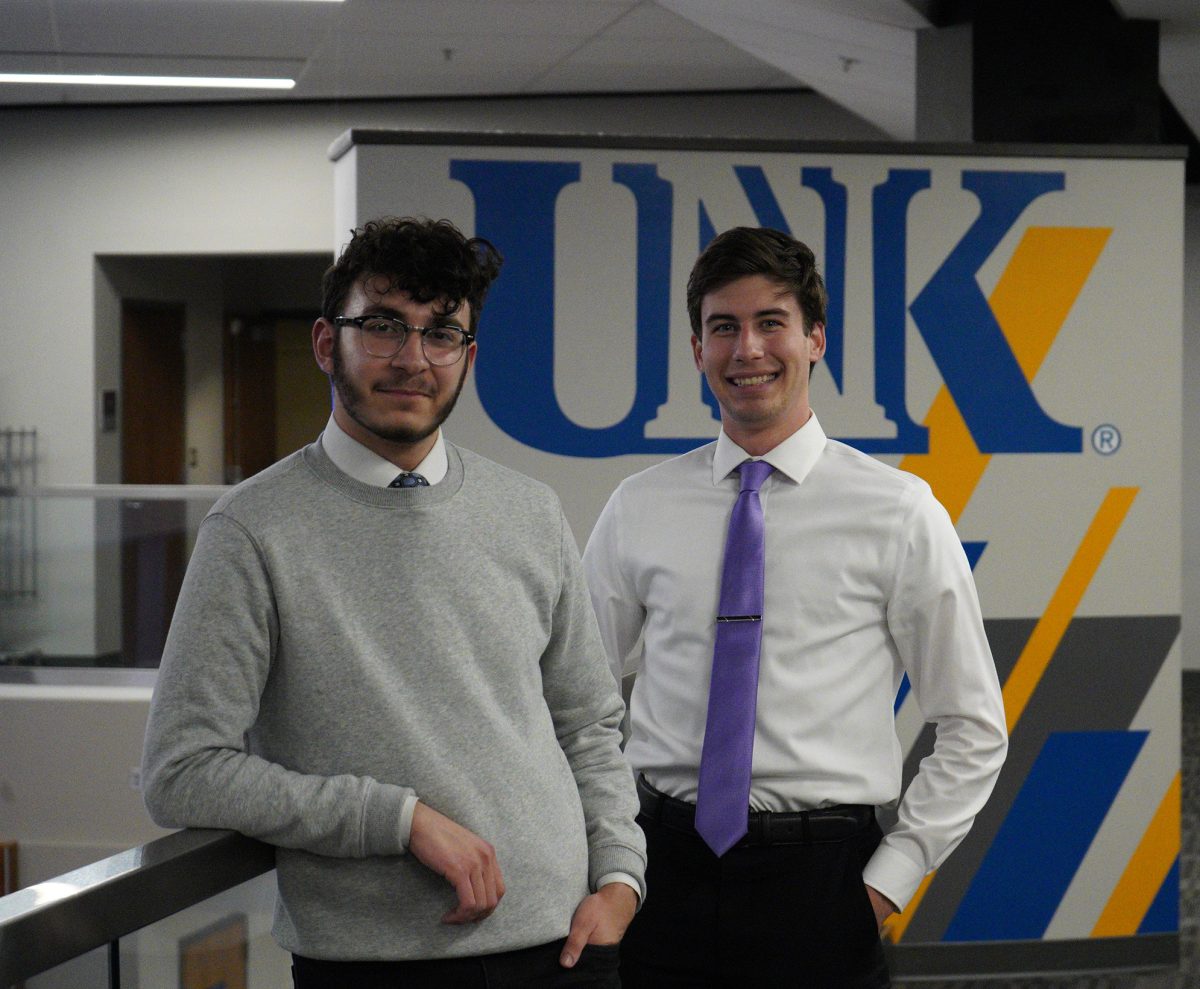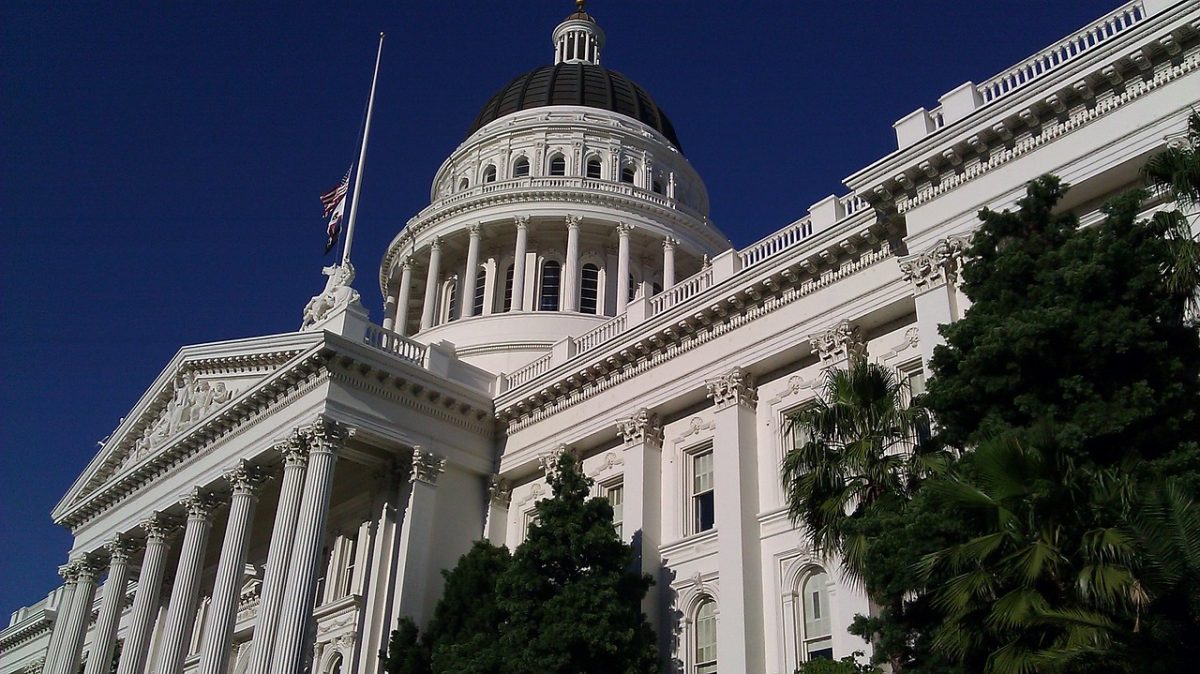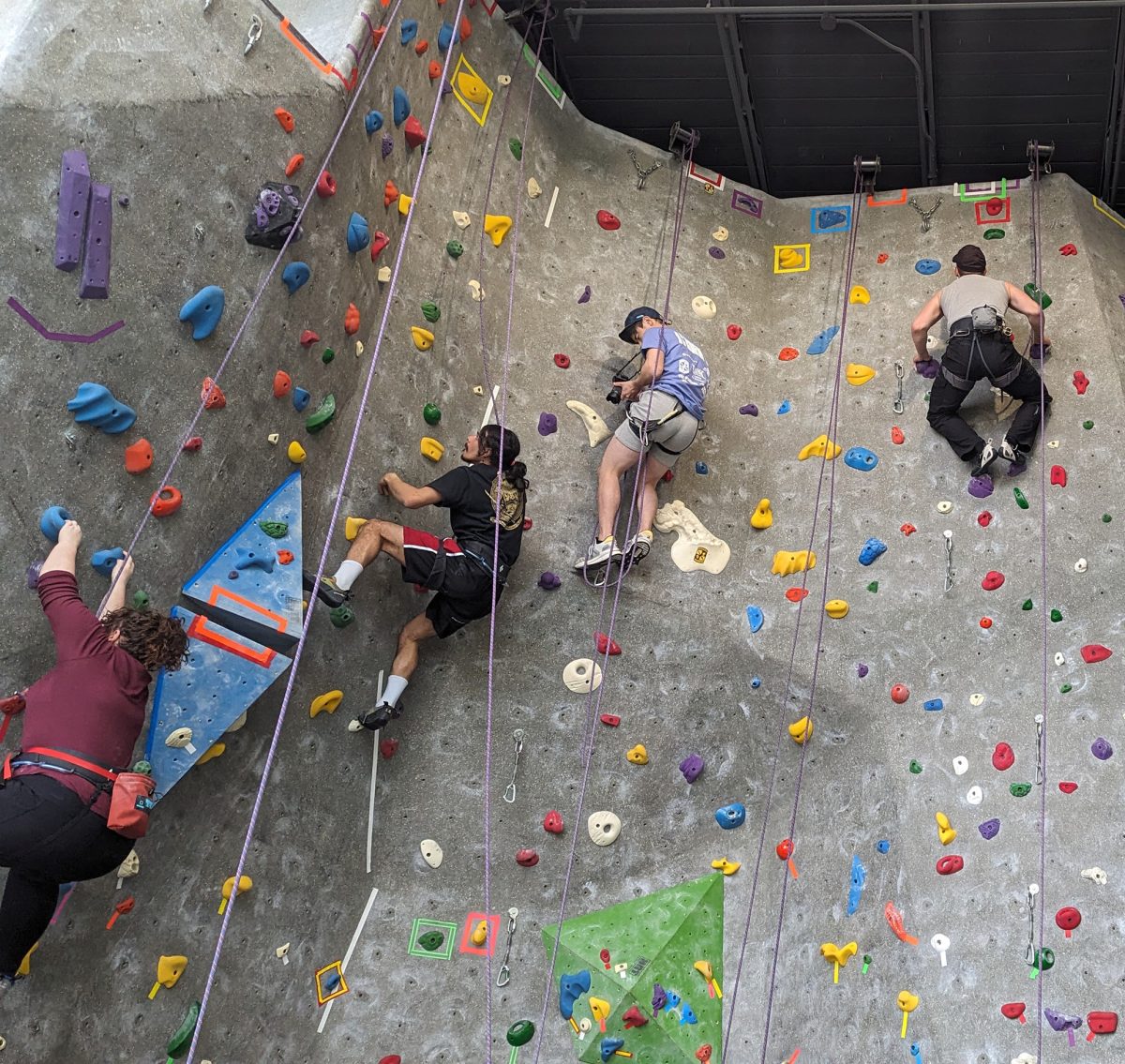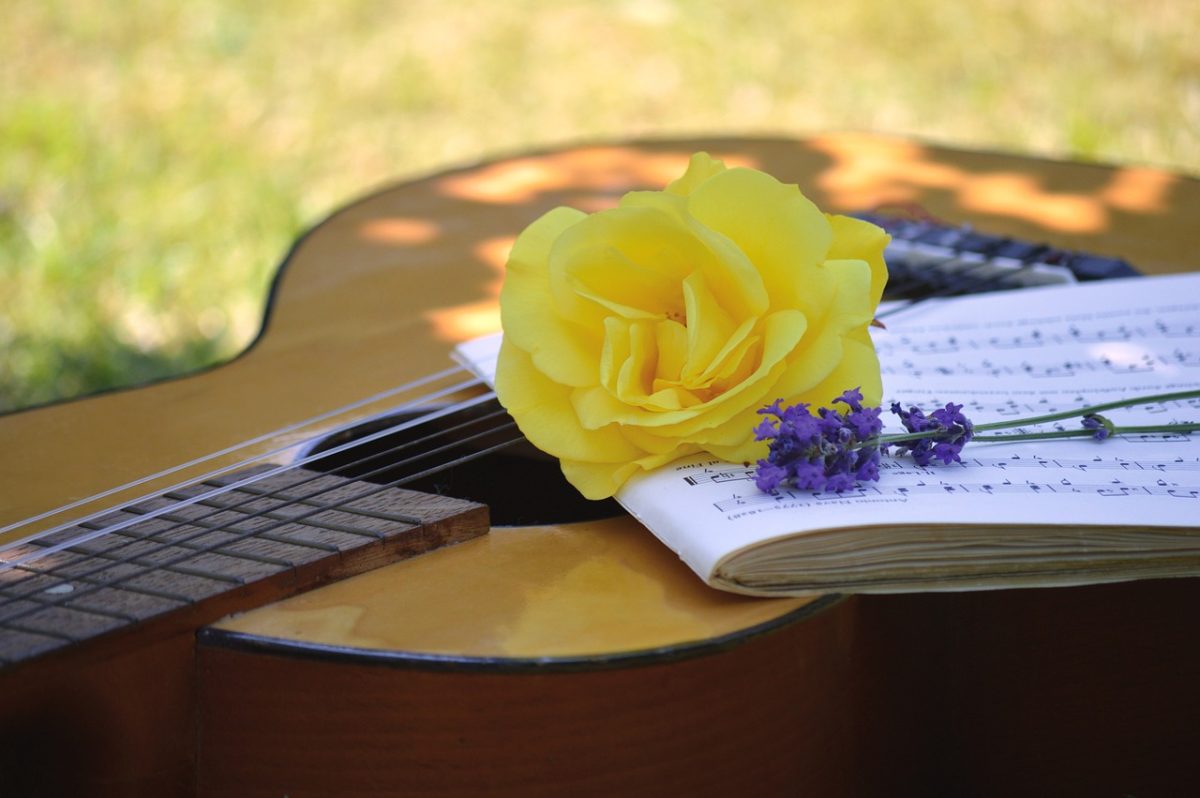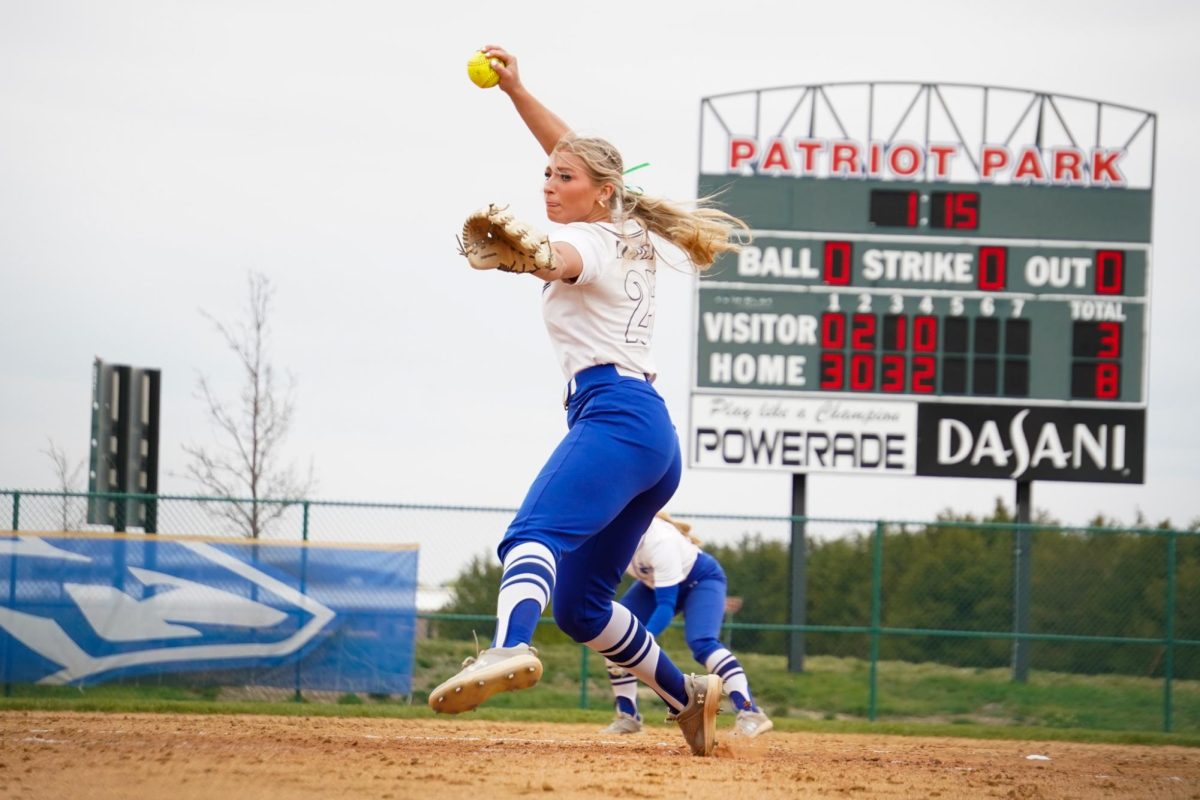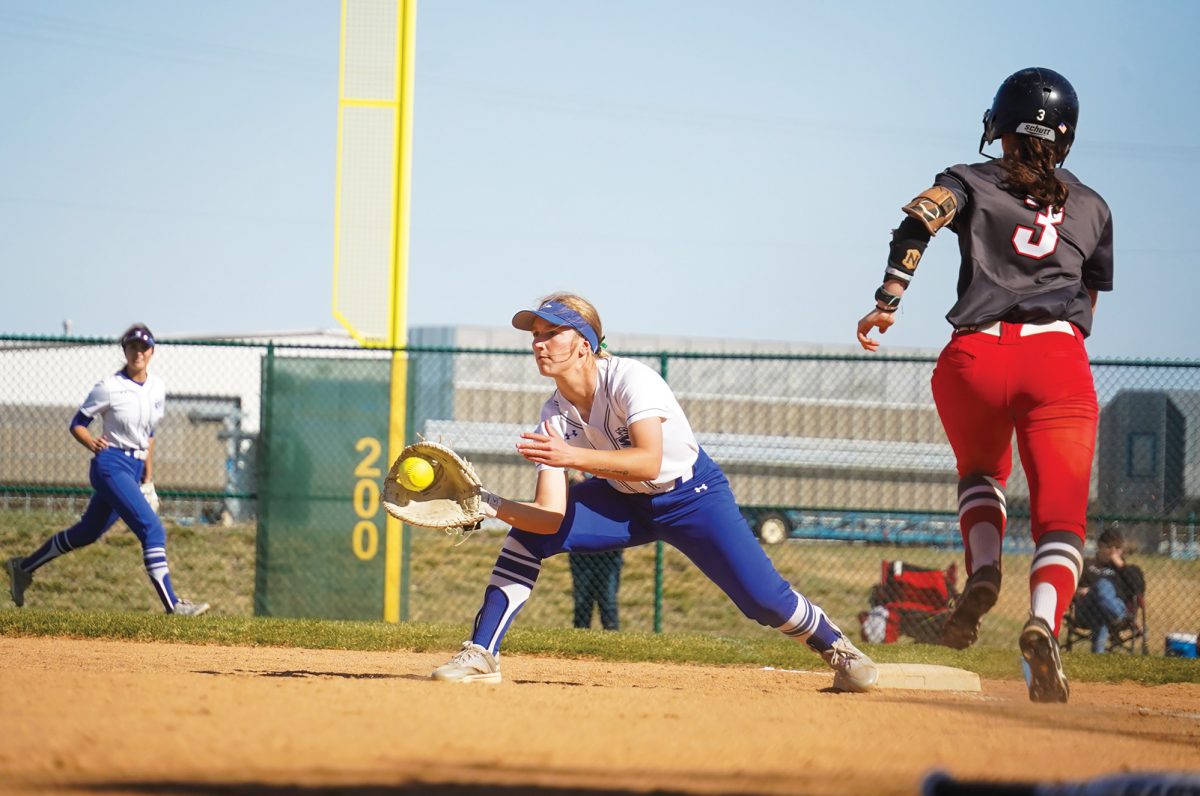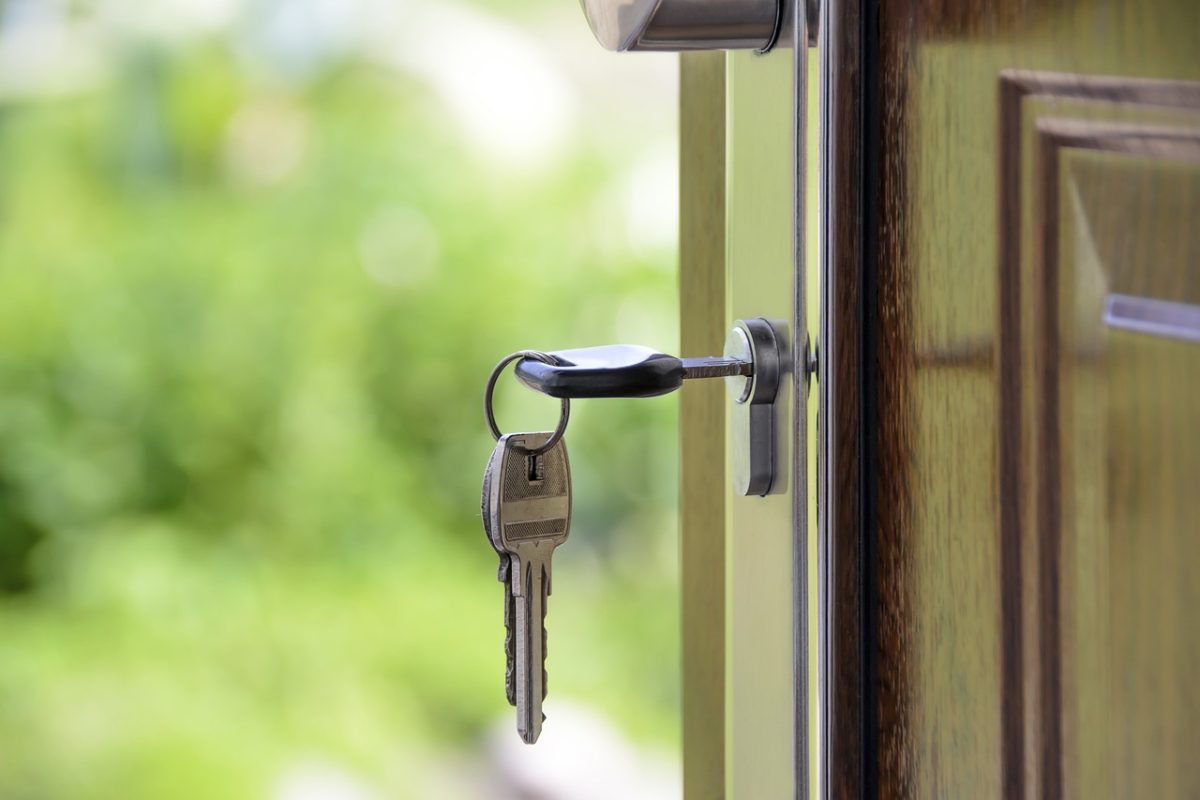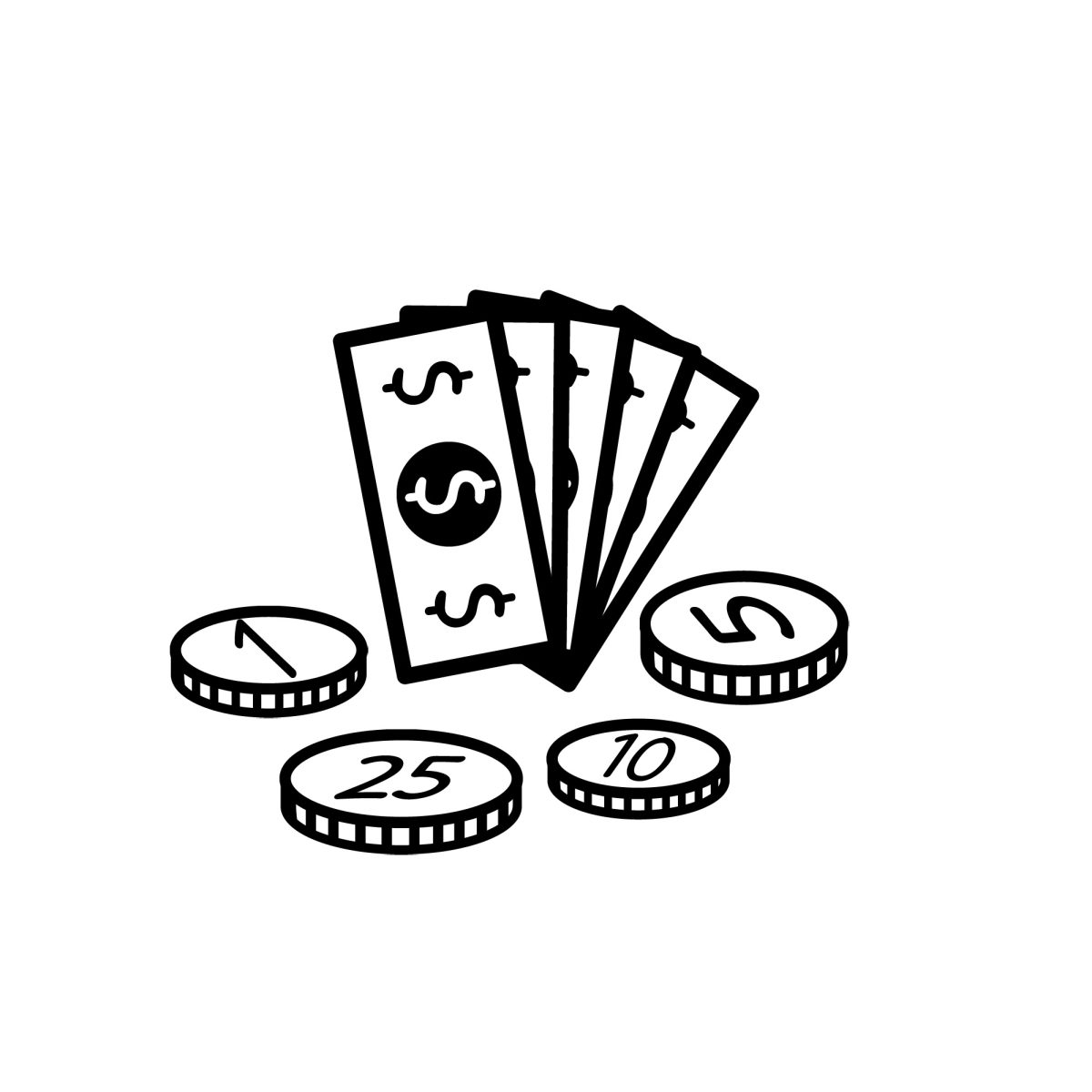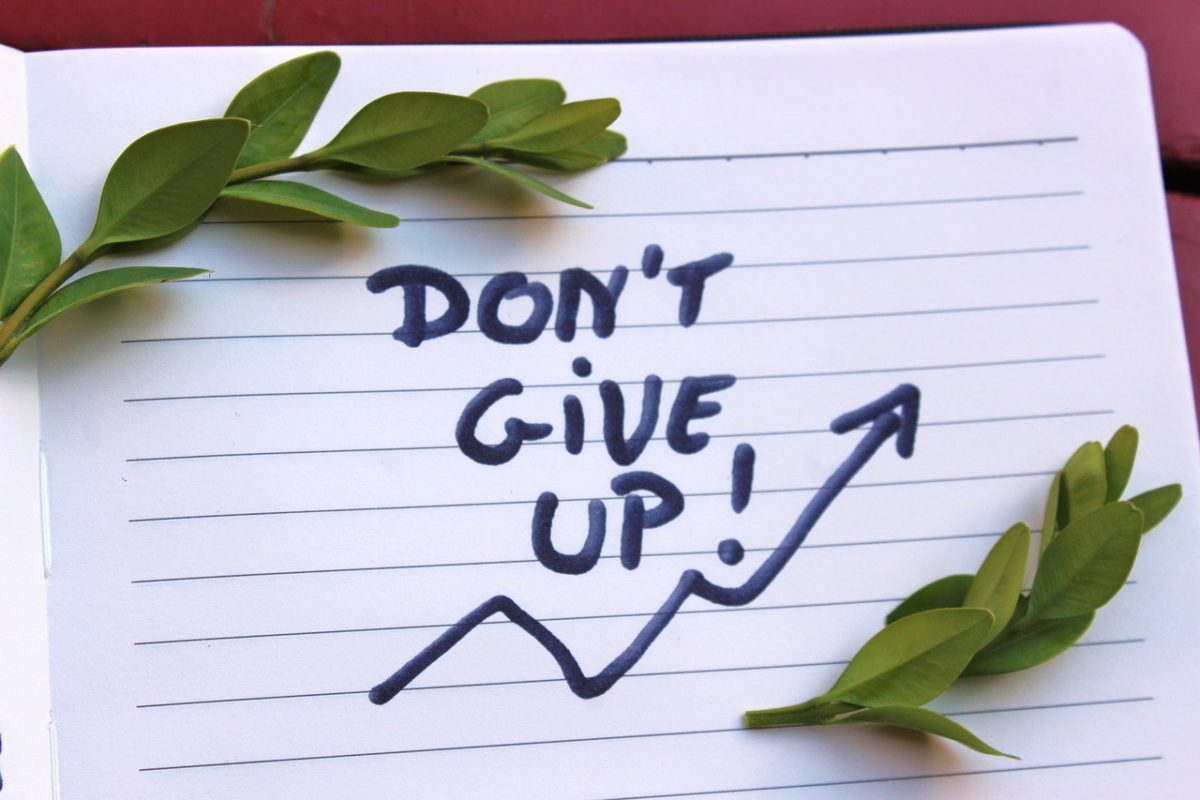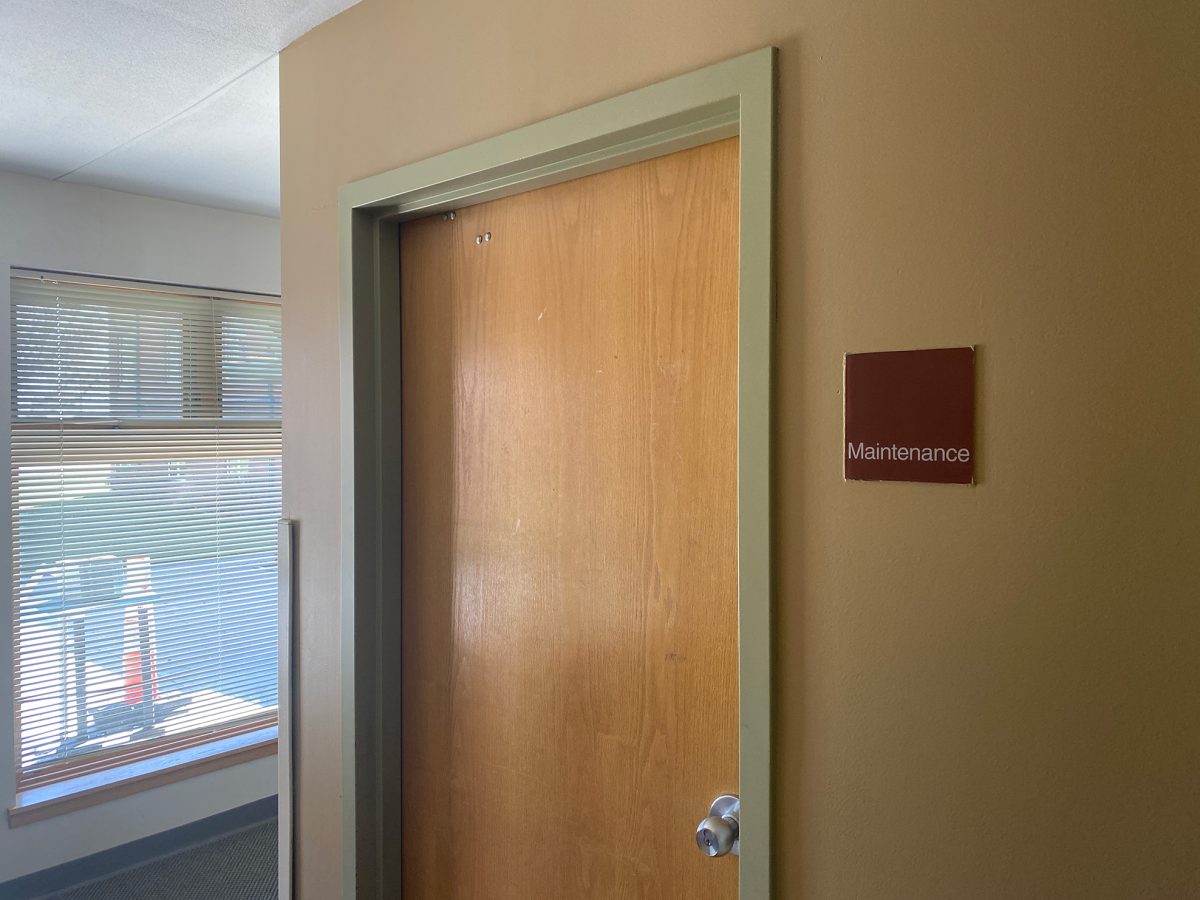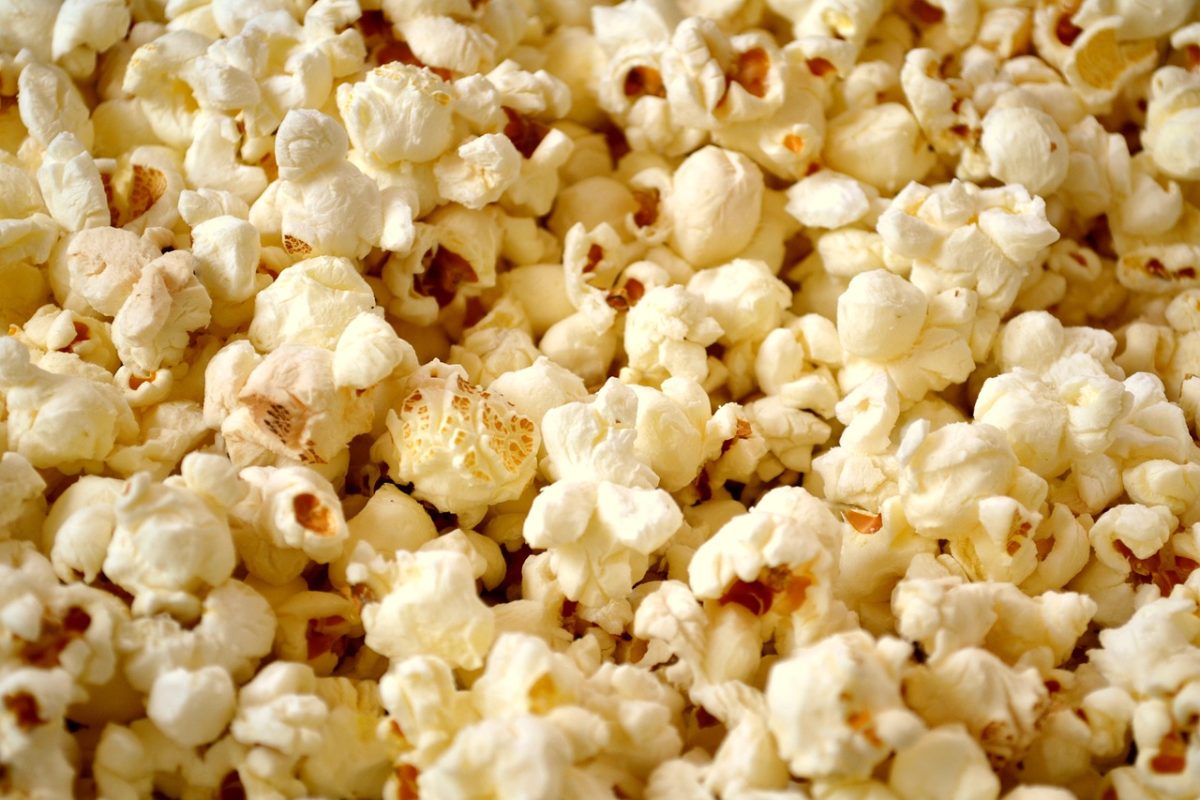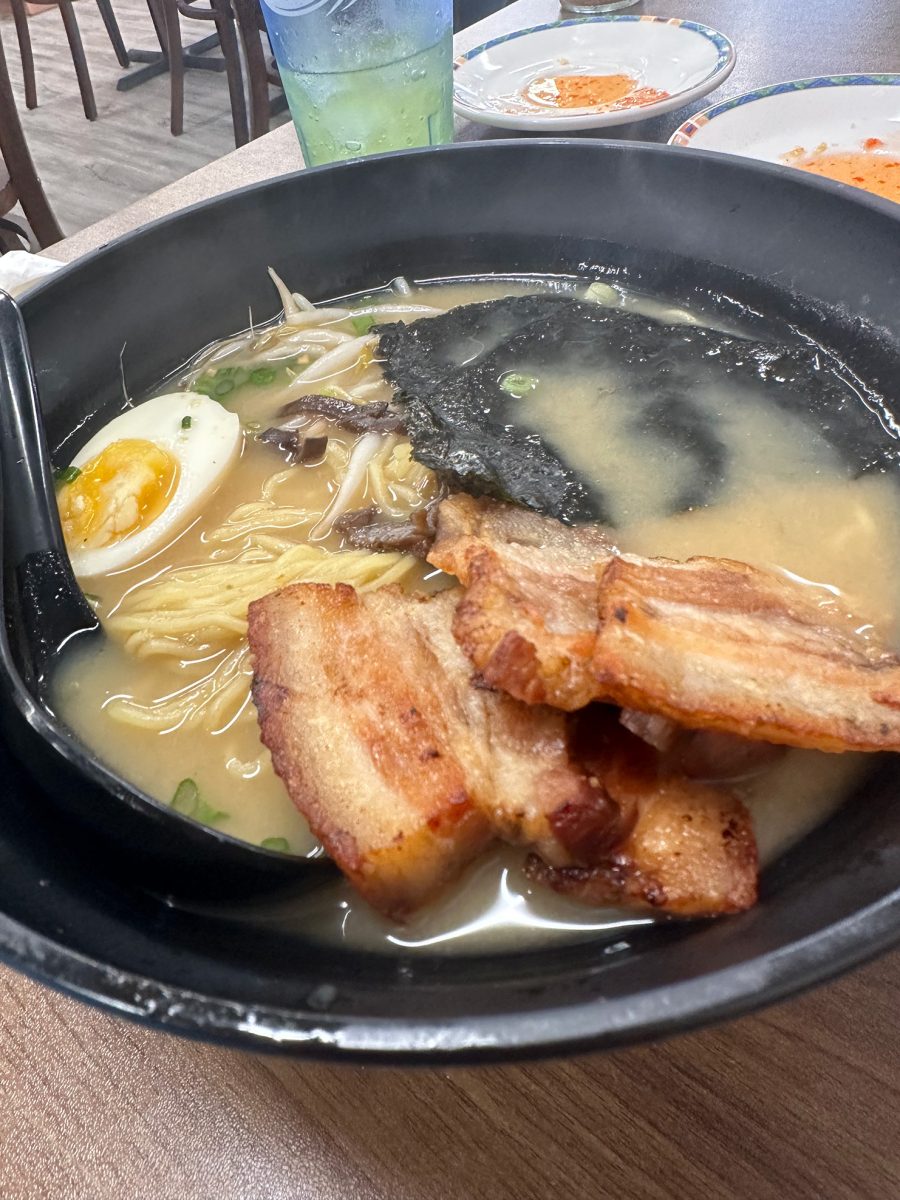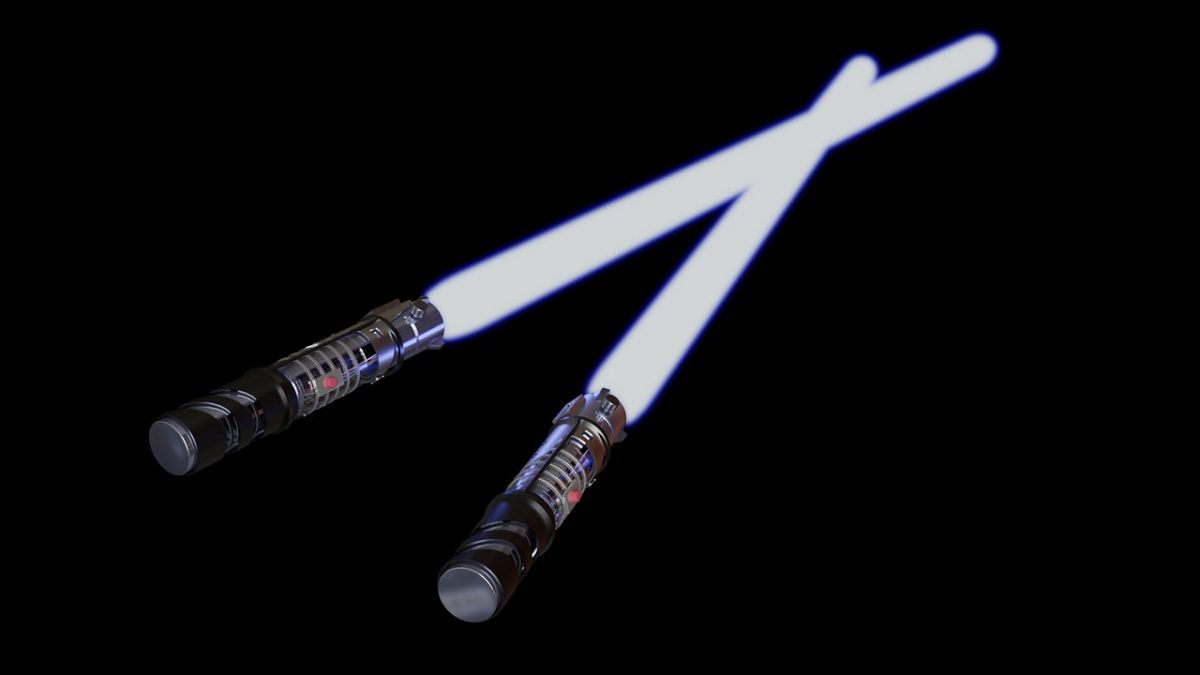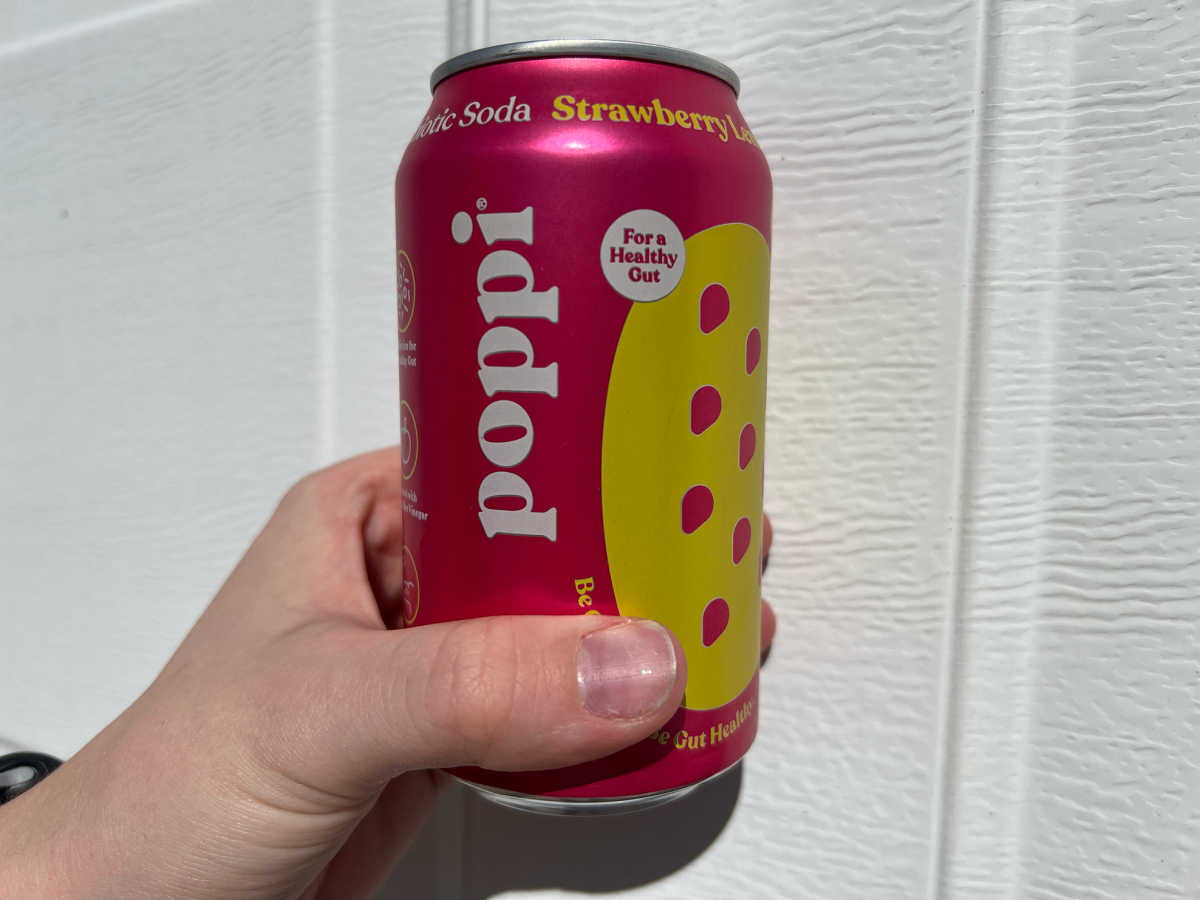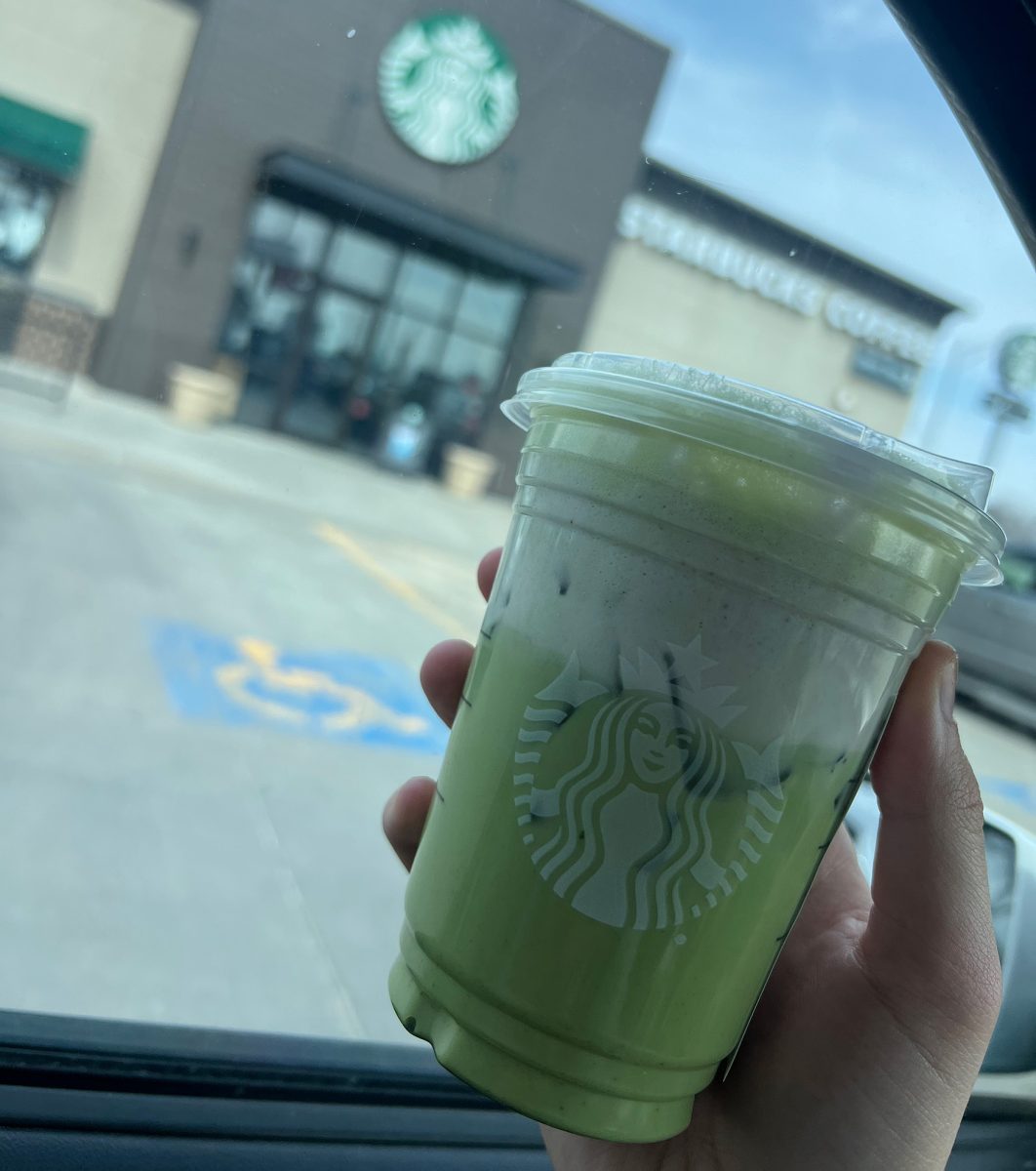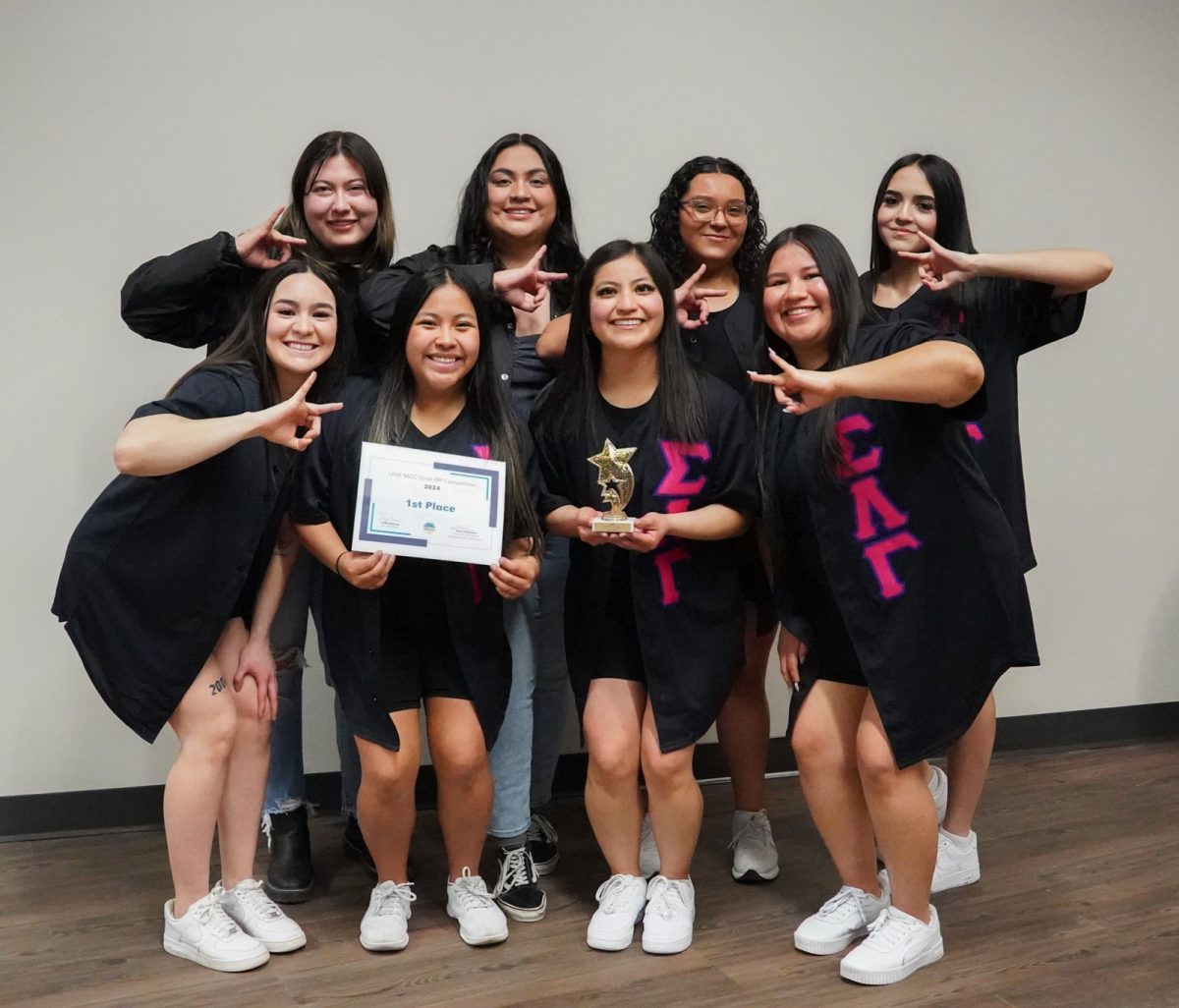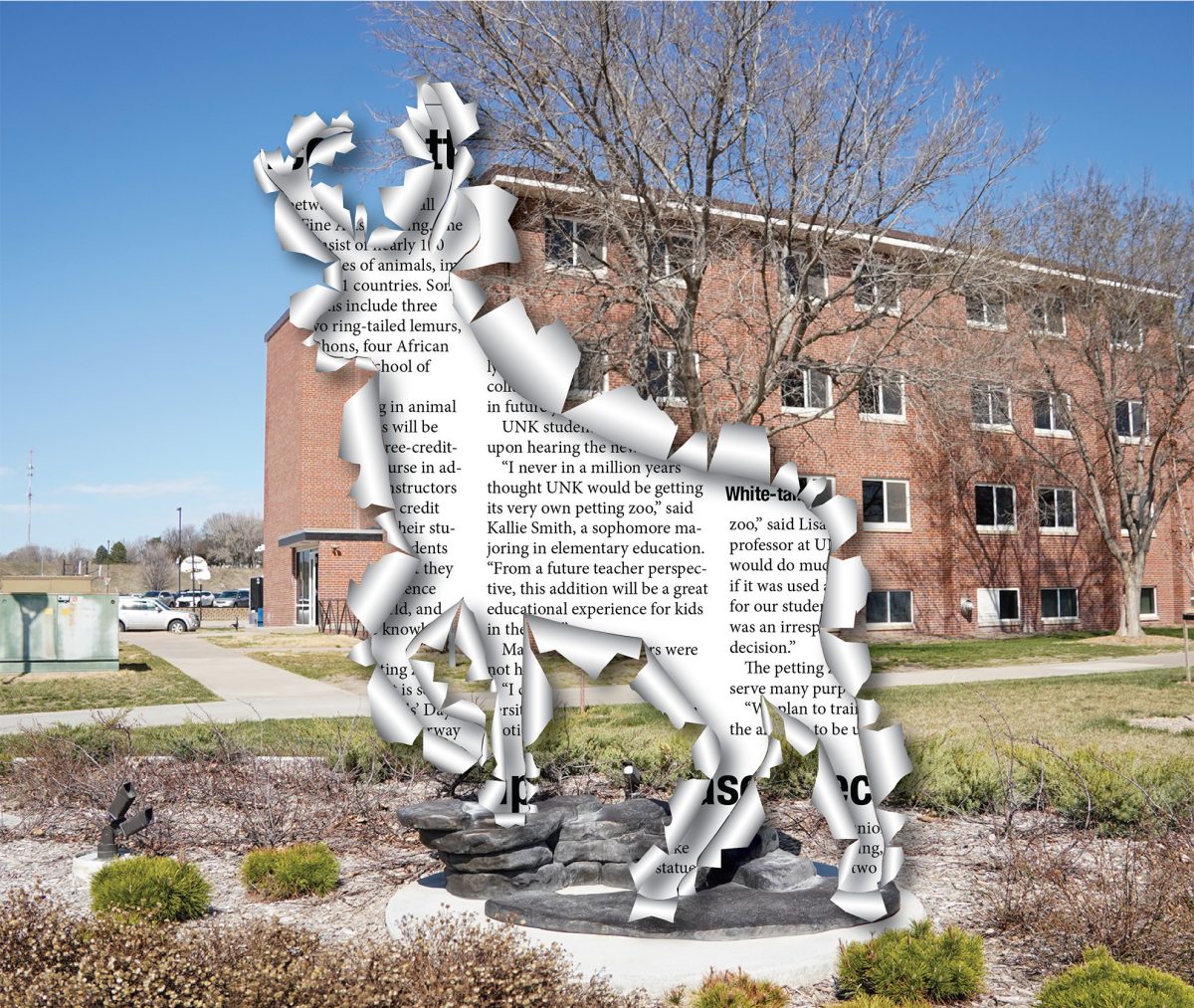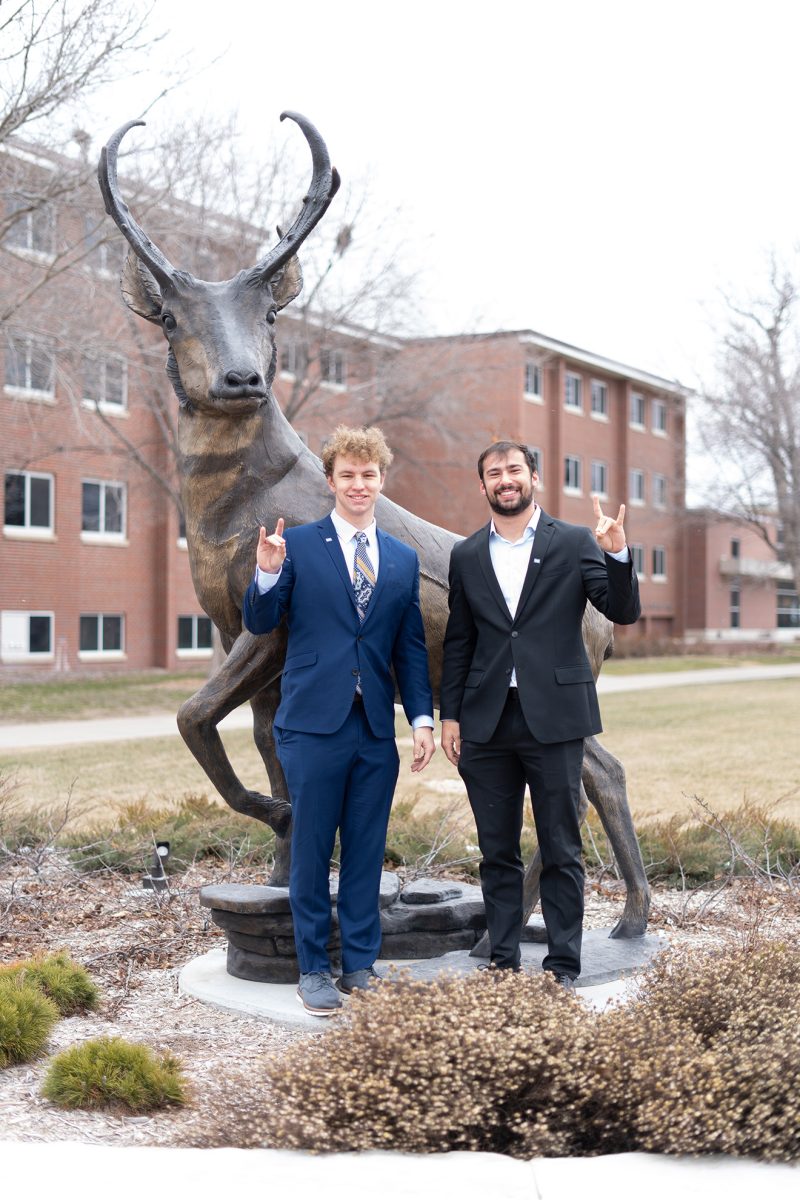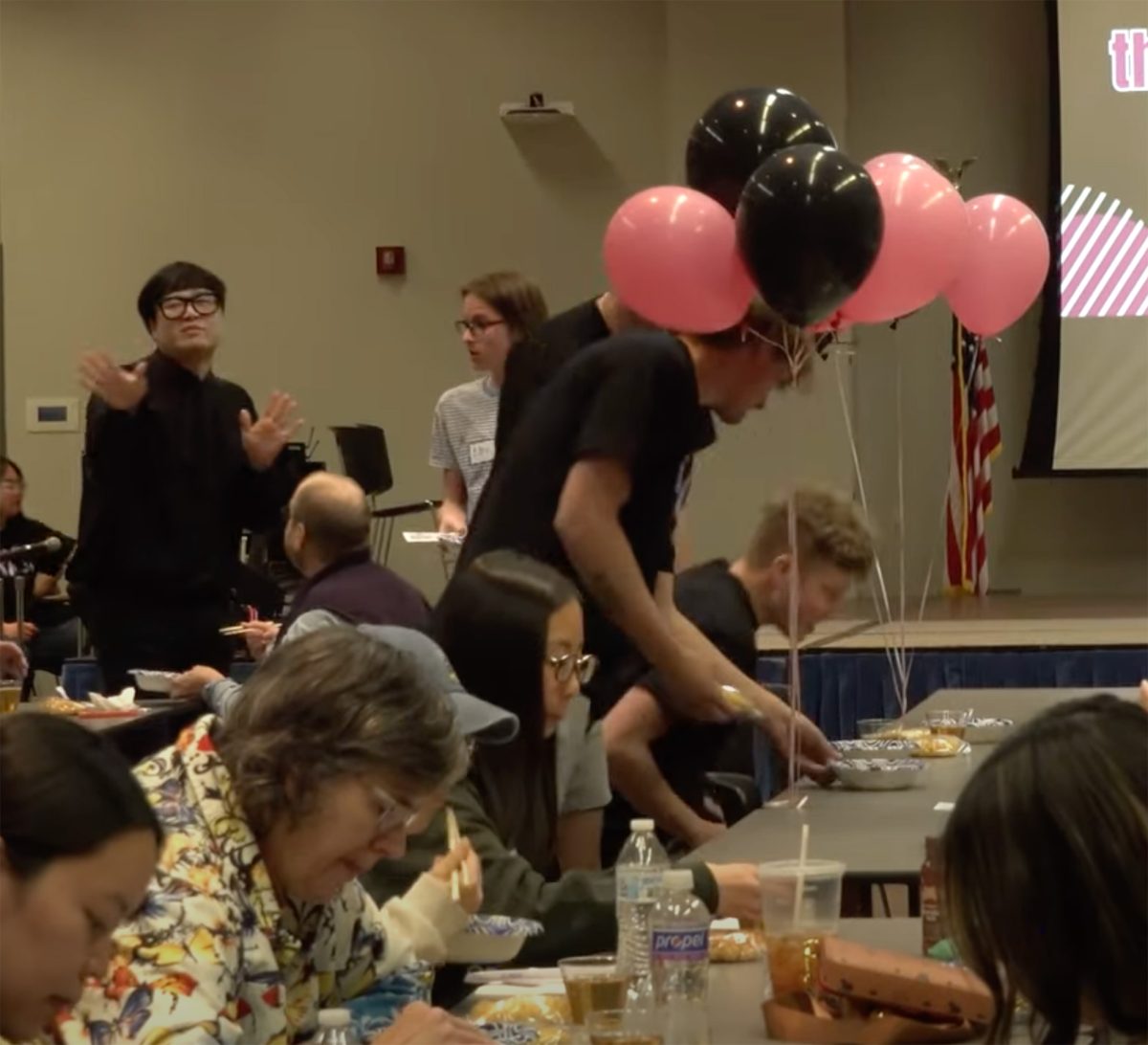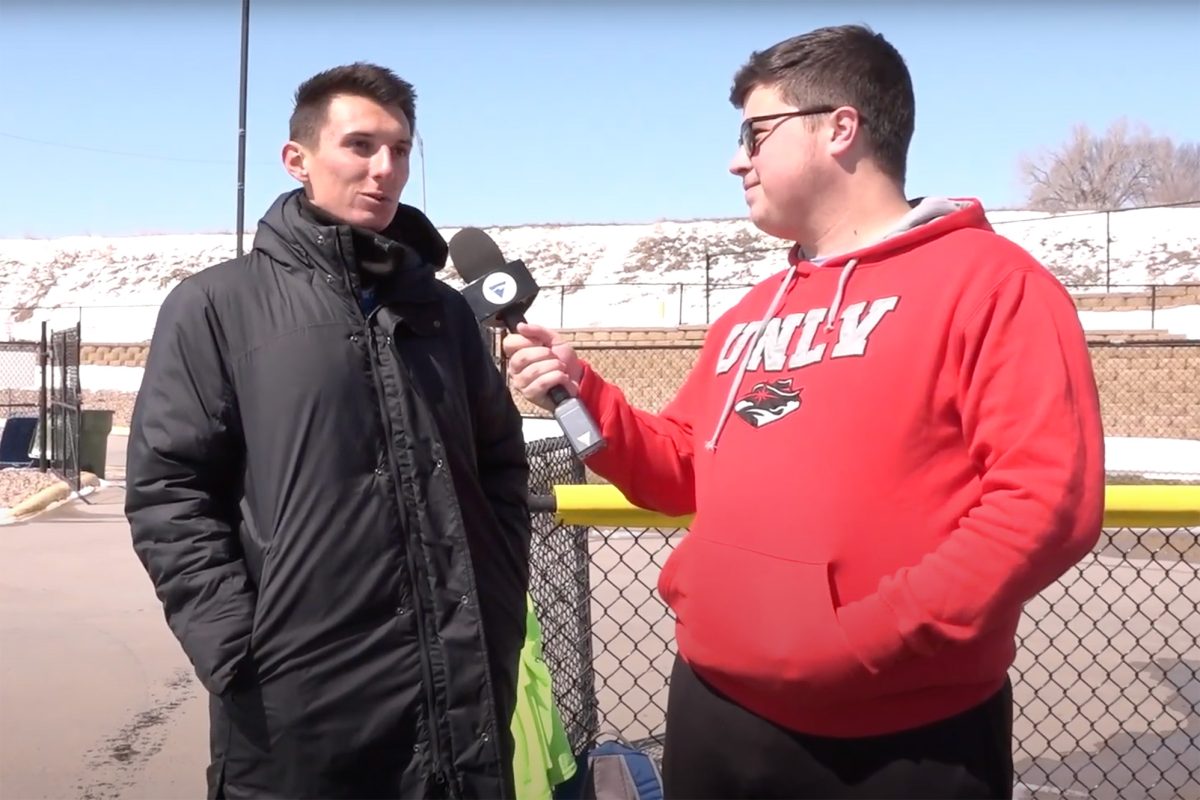Sunday school environmentalism never fails to worm underneath Gonnella’s skin
By: Elliot Gonnella
 I have often been called an environmentalist for some of my political beliefs, such as a focus away from fossil fuels into nuclear, wind and solar energy. I also believe in some sort of tax on plastic bags to encourage shoppers to bring their own reusable ones, and that people who don’t think climate change is caused by humans by at least some significant degree should be kept out of positions of education. Yet, I don’t consider myself an environmentalist. I am just someone who knows the planet has finite resources and space; I am just taking a little bit better care of the place I am going to live for the rest of my life.
I have often been called an environmentalist for some of my political beliefs, such as a focus away from fossil fuels into nuclear, wind and solar energy. I also believe in some sort of tax on plastic bags to encourage shoppers to bring their own reusable ones, and that people who don’t think climate change is caused by humans by at least some significant degree should be kept out of positions of education. Yet, I don’t consider myself an environmentalist. I am just someone who knows the planet has finite resources and space; I am just taking a little bit better care of the place I am going to live for the rest of my life.
It was the coming of Recyclemania 2018 on campus that got me thinking more about my beliefs and the one thing that always irritates me about people who say they are “hard green”: Sunday School Environmentalism (SSE).
It is a term I heard describing the promotion of messages that are minimalist at best, useless most often or damaging at worst. Like Sunday school, you look at a hard problem and are given an easy answer that has no depth. It also tends to view environmentalism as a religion, rather than the science it should be.
One of the key tenants of SSE is a practical worship of recycling. I won’t deny the psychological effect of recycling. You can see the results in front of you and it looks like making a contribution. You often hear how recycling product X will save Y energy that could power appliance Z for hours.
However, in some cases recycling is not cost effective or environmentally friendly. Perhaps not as much as using raw materials, but not by much.
Let’s use this newspaper for example: the one you should toss into the recycling bin when you are finished reading. It has to bepicked up and transported to its destination– often to a sorting area, then to the place that will separate the types of paper, then to a recycling facility where it will be washed in a chemical bath before being re-pulped, re-painted and re-cut for use elsewhere. However, since recycling takes all types of paper, you often get a subpar material, which is called down cycling. The newspaper you recycle may not become newspaper-quality stock. It, more often than not, becomes something made to be disposed like toilet paper or paper towels. Paper can also be recycled a limited number of times before it becomes too brittle to serve any purpose besides fire fuel.
The same can be said for plastic bottles. While it can be recycled an infinite number of times, they hardly ever stay plastic bottles to continue that cycle. Often they are mulched down to be sold as polyester, which, while it becomes stuffing, clothes and other fibrous products often cannot be recycled again and end up in a landfill. Some, like paper, are made into disposable products such as shopping and trash bags that are designed to be tossed into a landfill.
So, while I endorse recycling, I hate when it is placed at the top of the waste hierarchy, when in truth it is closer to the bottom. There is a reason the old adage goes “Reduce, Reuse, Recycle,” not just because it flows off the tongue easily but because it shows the path one should take before recycling something.
Reduce: Pretty self-explanatory, no? Reduce the amount of waste or energy spent on doing an activity. This applies more to the industrial perspective than our domestic lives, but you can still make an impact that can be seen in the environment and your bank account. Don’t buy more food than you need to, eat what you take, and only drive when you must. I walk across campus even when the temperatures make me curse under my breath as it freezes to my beard, and so far this year I only had to fill up the car twice. I certainly have a lot more money in hand now, and the environment is a bit better off.
Reuse: Use the same product over and over if you can. I don’t buy disposable plastic forks or plates unless I have to. I don’t throw away the big plastic cups I get from drive-thrus, I save them because they are a lot easier to use next to a computer. Another thing I have seen people do is take old items and make new useful items out of them. Etsy, Tumblr and hipsters eat these things up like candy. So, to those of you who know a few things about arts and crafts, I’m giving you an idea to help pay your student loans.
You can see why recycling is at the bottom of the list. There is the chance that the new product created from recycling will end up in a landfill on the next cycle. While campaigns and competitions like UNK’s Recyclemania are beneficial, they should not be treated as the only way students can save the environment.
Then again, it is a lot harder to prove who won a reduction or a reusing competition for a free fast food feast.

